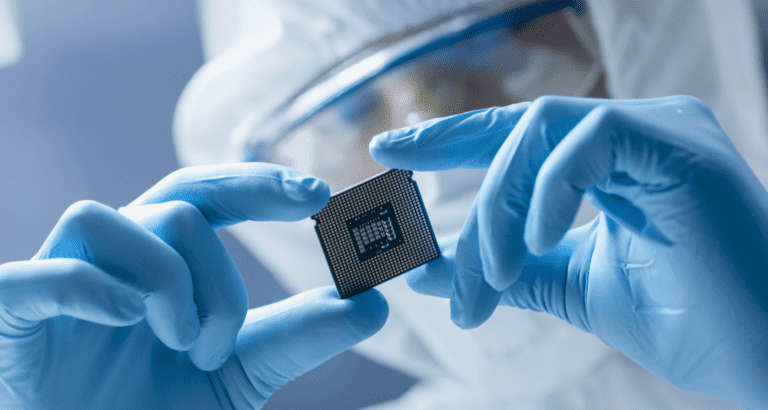Hyundai, Nokia and ABB expect chip shortages to ease in the coming months. After a three-year struggle, the market shows signs of recovery.
There’s no simple explanation for the shortage that plagued the past three years, but COVID-19 played a part. Lockdowns increased Internet traffic and cloud providers hoarded processors. The demand for consumer devices rose and ate through the stock of electronics manufacturers.
At the same time, the largest chip manufacturers — so-called foundries — can be counted on one hand. The machines that produce modern chips are rare and expensive. New factories cost a fortune. Even if the world had seen the shortage coming, it’s questionable whether anyone would have been prepared to invest billions ‘just in case’.
We’ll probably never know. The good news is that the shortage is easing for several organizations. The second quarter of this year was Hyundai’s most profitable quarter in the past eight years. According to the organization, there were enough chips to keep its factories rolling during the evenings and over the weekends. Hyundai plans to increase production in the second half of the year.
ABB and Nokia
For ABB, the end is in sight as well. ABB is a major supplier of engines and car parts. The organization states that chip shortages are decreasing in its most recent quarterly report. ABB expects just over double-digit revenue growth in the current quarter. The supply of chips allows the organization to produce more robots and motors. “It is easing up,” said CEO Bjorn Rosengren, who described the shortage as “severe” earlier this year.
Rosengren added that chip makers’ production capacity is rising while demand for consumer equipment drops. As a result, chip manufacturers can commit more chips to industrialists. Earlier this year, market researcher Susquehanna described the same trend, indicating a decline in the demand for consumer electronics due to war and inflation.
Although Nokia’s quarter was tight, the organization is just as optimistic. “The overall direction in the semiconductor industry is positive at the moment, but we did continue to have constraints in the second quarter”, CEO Pekka Lundmark said in the quarterly report. Nokia predicts that the shortage will ease in the second half of 2022.
The other side
Not all is well. Consumer electronics manufacturers struggle with the consequences of the war in Ukraine and COVID-19 lockdowns in China. Closed factories disrupt the supply chain. In addition, consumers have less purchasing power, which reduces demand.
Electrolux, one of Europe’s largest household electronics manufacturers, performed worse than anticipated. Electrolux expects the supply chain to recover in the second half of 2022, but stresses the risks of COVID-19 lockdowns and the war in Ukraine.
Tip: European Chips Act unveiled: where will the 43 billion euros go?
